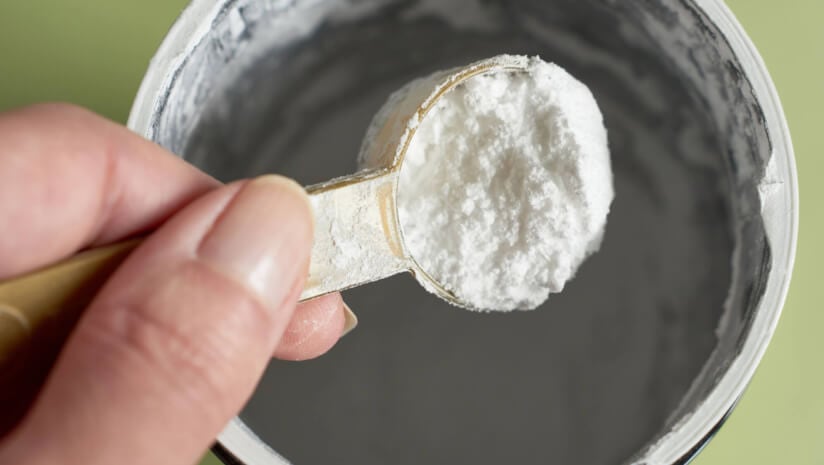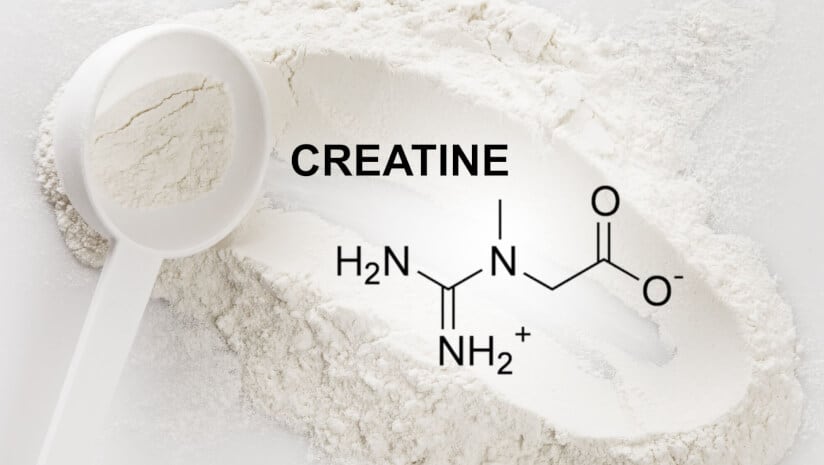The research, published in the Journal of the International Society of Sports Nutrition, outlines a growing body of evidence that recognizes the unique physiology of women and how it can influence the metabolism and effectiveness of creatine supplementation in areas including reproductive health, cognitive health and aging.
“Early studies demonstrated the benefits of creatine on exercise performance in women, though they often overlooked menstrual cycle variability,” wrote the team of experts in creatine research and female physiology. “Recent research has begun to account for these hormonal fluctuations, enhancing the understanding of creatine’s applications.”
The paper was prepared to align with the Creatine for Health conference 2025 held in Munich earlier this year, which featured presentations by several of the study authors.
Reflecting female physiology
The researchers noted the importance of considering women’s distinct physiology on creatine metabolism, which is influenced by hormonal fluctuations during pre-menopause, pregnancy and menopause.
“The growing attention given to creatine use in women is important due to the known physiological sex differences between males and females, as it relates to creatine synthesis, with some reports demonstrating 20% lower synthesis rates, as well as a 30–40% lower dietary creatine intake on average,” they wrote. They added that sex differences in bioenergetics and fluid hemodynamics may be key targets for creatine supplementation in women.
The review spotlighted recent breakthrough and emerging creatine research in women across cellular hydration, sleep and mood, pregnancy and perinatal brain injury, perimenopause, postmenopause, mental health and cognitive function. This includes previous studies by members of the research team exploring the mechanistic potential for creatine use in women, the impact of female reproductive hormones and the potential benefits of creatine in women in pregnancy and mood.
As this scientific evidence of creatine’s impact on women’s health during life stage transitions has grown, so has the supplement industry’s leveraging of that science.
“Creatine utilization among women will continue to rise as the research in this space continues to expand,” the researchers wrote, noting that women are the primary consumers of dietary supplements in the United States.
“Indeed, this includes research in targeted life stages, such as pregnancy and perimenopause, as well as evaluating the combined application of creatine and other evidence-based nutritional supplements,” they added.
A promising strategy
Current research supports creatine as a promising strategy for enhancing various aspect of women’s health across the lifespan. It has demonstrated positive effects on muscle strength, exercise performance and body composition—particularly when combined with resistance training—as well as improving mood and cognitive function, potentially alleviating symptoms of depression, which can affect women throughout life.
Acknowledging that effects may be influenced by fluctuations and stages, the researchers indicated that the overall risk-to-benefit of creatine supplementation ratio suggests that the potential benefits outweigh the risks. They also issued a targeted call to action for more research, particularly in areas such as pregnancy and perimenopause, where data remains limited.
“There’s a lot of good data on creatine after menopause, but it’s really that transition to menopause when women begin to struggle with sleep, bone health, muscle loss, joint pain, fatigue, brain fog and even inflammation,” Dr. Abbie Smith-Ryan, director of the Applied Physiology Laboratory at the University of North Carolina at Chapel Hill and lead author on the study, told NutraIngredients at the Creatine Conference 2025.
The review also suggested that future studies continue to explore the nuanced impacts of creatine supplementation in women and focus on optimizing dosing strategies and understanding the long-term implications for health and well-being.
Source: Journal of the International Society of Sports Nutrition. doi: 10.1080/15502783.2025.2502094.“Creatine in women’s health: bridging the gap from menstruation through pregnancy to menopause”. Authors: Abbie Smith-Ryan et al.



